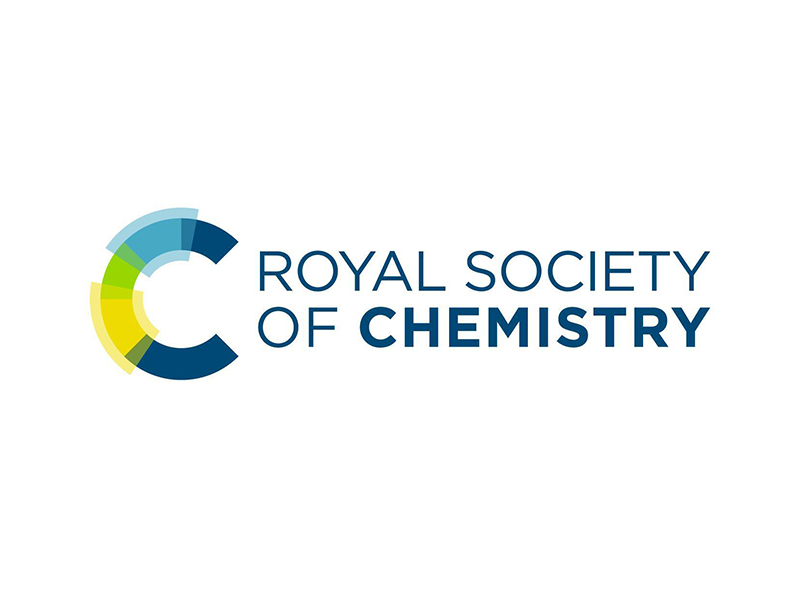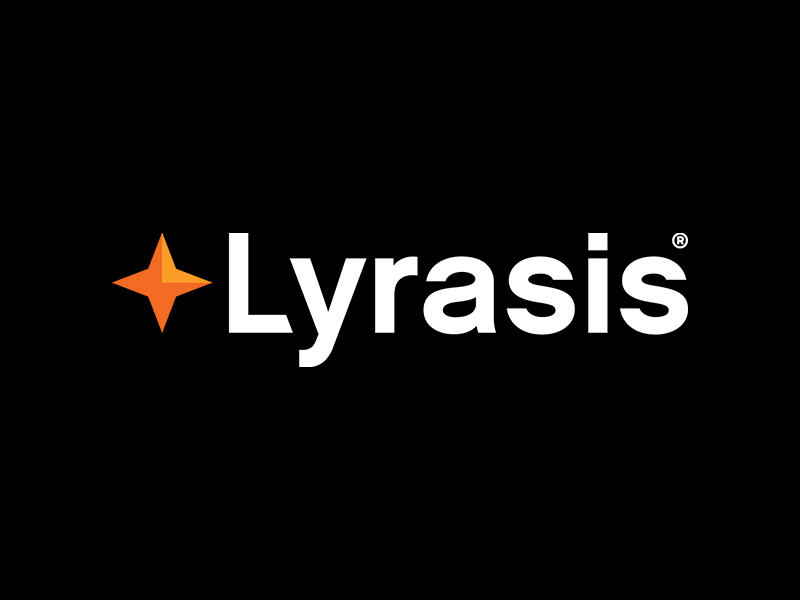

The Royal Society of Chemistry (RSC) and Lyrasis have entered into an open access publishing agreement to accelerate momentum toward global open access scholarship. This partnership is one of the first and largest library consortium-based open access agreements with RSC in the United States to date.
This groundbreaking agreement enables all corresponding authors affiliated with participating academic institutions to publish open access (OA) in more than 40 RSC scholarly journals, both fully OA and hybrid, with no publishing fees or limits on OA articles published. The agreement also provides reading access to the full RSC Gold package of 50-plus scholarly journals. Authors who publish OA under this agreement can publish under a CC BY or CC BY-NC open license.
Twenty-two institutions representing more than 38,000 faculty and 325,000 students have opted into the agreement for 2024. Participating Lyrasis members range from large research institutions to liberal arts colleges and regional universities, signaling the broad benefits of these innovative deals. These 22 institutions publish an average of 175 scholarly articles with RSC per year.
The Royal Society of Chemistry has committed to converting its journals to fully open access by 2028. As CEO Paul Lewis comments on behalf of the RSC, “Open Access is at the core of our mission to help the chemical sciences make the world a better place, so we’re proud to welcome the impactful research community at all institutions represented by the Lyrasis consortium. This is an important step on our journey, working collectively with our community to achieve the vision of an open access future that ensures that everyone, everywhere has the same potential to access and contribute to the latest discoveries in the chemical sciences and beyond.”
The Rockefeller University was an early adopter of the Lyrasis open access agreement, joining in 2023. University Librarian Matt Covey comments, “Such agreements perfectly align with the motto of The Rockefeller University, ‘Science for the benefit of humanity,’ as we believe it’s important that as many people can access our groundbreaking research as possible.”
John Wilkin, CEO of Lyrasis, says, “Open Access has been a major driving force for our work over the past several years, thanks both to the leadership of our Content and Scholarly Communication Team, headed by Celeste Feather, and to the clear voices of the community who are asking for more opportunities to support open access in ways that can have meaningful impact. This agreement with the Royal Society of Chemistry marks a significant step forward in Open Access partnerships here in the US, and we will continue to seek and build more opportunities for the community in the future.” This open access agreement joins five other major Lyrasis OA agreements launched since 2022, including agreements with the Association for Computing Machinery (ACM), Cambridge University Press, IOP Publishing, the Royal Society and Springer Nature, along with a host of OA programs that use business models in which neither authors nor readers are charged fees.
About the Royal Society of Chemistry
The Royal Society of Chemistry (RSC) is an international organization connecting chemical scientists with each other, with other scientists, and with society as a whole. Founded in 1841 and based in London, UK, RSC has an international membership of over 50,000. RSC uses the surplus from our global publishing and knowledge business to give thousands of chemical scientists the support and resources required to make vital advances in chemical knowledge. RSC develops, recognizes and celebrates professional capabilities, and we bring people together to spark new ideas.
About Lyrasis
Lyrasis is a community-supported nonprofit whose mission is to support enduring access to our shared academic, scientific and cultural heritage for archives, libraries, museums and research communities. With more than 80 years of experience, Lyrasis offers technologies, services and special programs designed by and for knowledge professionals and brings together more than 2000 collections-holding organizations worldwide for collaboration, innovation and scale.
